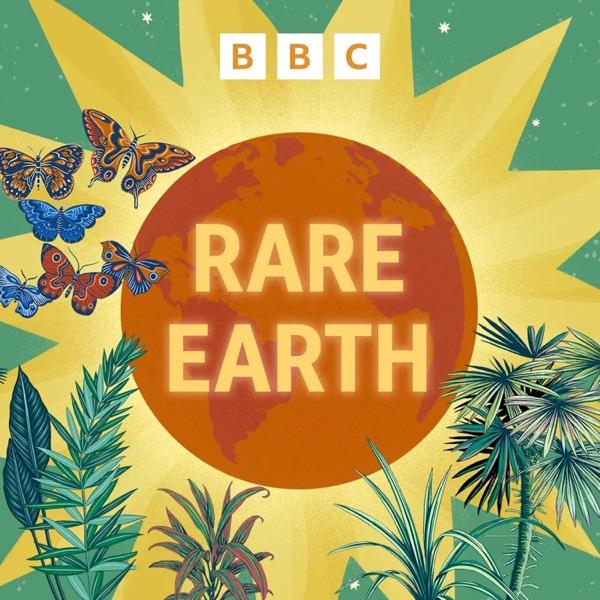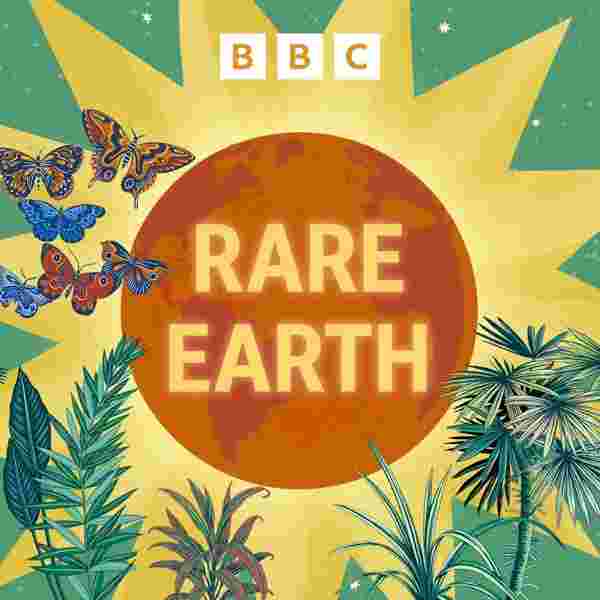
Environmental journalist Tom Heap and physicist Helen Czerski tackle major stories about our environment and wildlife, celebrate the wonder of nature and meet the people determined to keep it wonderful.
Environmental journalist Tom Heap and physicist Helen Czerski tackle major stories about our environment and wildlife, celebrate the wonder of nature and meet the people determined to keep it wonderful.

For the Arctic, 2024 was the second-warmest year on record, with temperatures rising much faster than the global rate. The region's resources- oil, gas, iron ore, uranium, even diamonds and the rare earth metals used in electric cars- suddenly seem accessible. That's caught the attention of China, Russia and the US, with President Trump, eager to mount a hostile takeover bid for Greenland.
In the first of a new series of Rare Earth, physicist Helen Czerski and environment journalist, Tom Heap consider the impact of this sudden global interest on the people, wildlife and landscape of the far north.
It's not the first time that climate change has determined the fate of the region. For 500 years the Vikings occupied Greenland, using it as a base for their discovery of North America. By the late 14th century temperatures were falling, their crops failing and supply ships from Scandinavia struggling to make it through the expanding icepack. Communications faltered and then stopped completely. Historian, Eleanor Barraclough joins Tom and Helen to explore the fate of the last Norse Greenlanders- one of the great mediaeval mysteries and a warning of the power of a changing climate.
They're also joined by Duncan Depledge from Loughborough University and the Royal United Services Institute who fills them in on the military and political backdrop to the Arctic Goldrush. In 2007 Russian explorer, Artur Chilingarov led a submarine expedition to the North Pole where he planted a Russian flag on the seabed. It was a blatant land grab by the Putin regime and a warning of Russian expansionism to come. The other Arctic nations are responding, with Denmark ploughing cash into the defence of Greenland as the United States and China stake their own claims to the riches of the frozen north that isn't quite as frozen as it was.
The impact of climate change on the region's wildlife is so often encapsulated by the image of a polar bear on an ice floe, but ecologist Helen Wheeler of Anglia Ruskin University is more interested in the northward march of the beaver. These landscape engineers are actually moving ahead of the treeline, using rocks and mud to dam the rivers of the far north. The dams are blocking travel routes of Inuit hunters and fishers and may even be helping to raise the temperature of Arctic lakes.
Producer: Alasdair Cross
Assistant Producer: Toby Field
Rare Earth is produced in association with the Open University